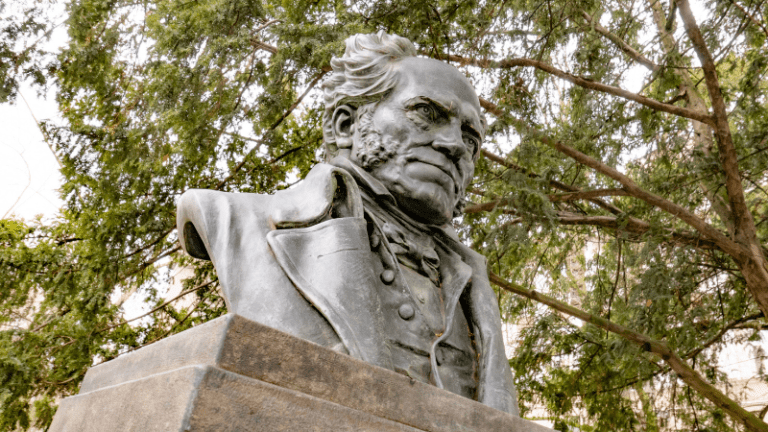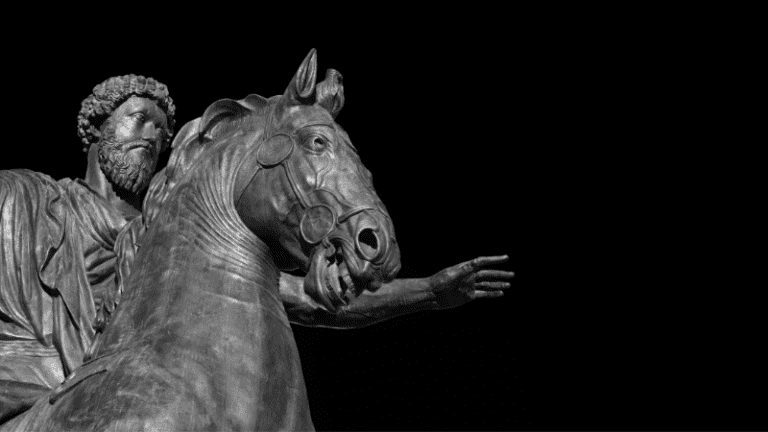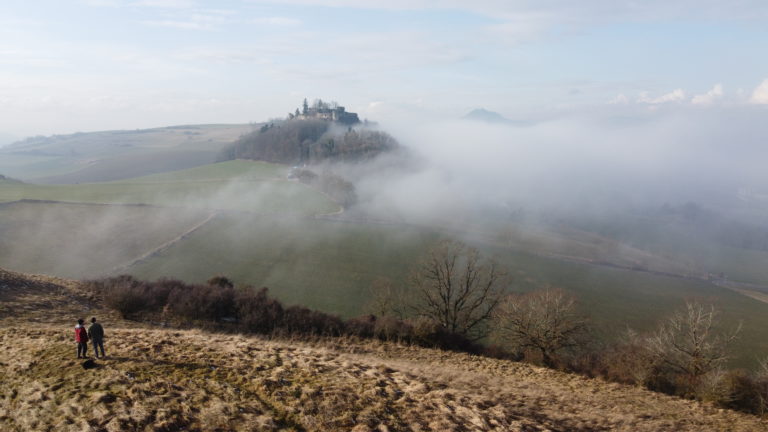Heraclitus and Hegel: philosophical similarities
Few threads in the vast tapestry of philosophical thought are as dynamically woven as those of Heraclitus and Hegel. Both philosophers delved deeply into the nature of reality and put forward theories that emphasized change, flux and movement. Although they lived centuries apart, their ideas resonate across time and shape our understanding of existence and the universe. Let's embark on a comparative journey through the dynamic worlds of Heraclitus and Hegel and explore their insights and possible influences.
Heraclitus: The philosopher of the river
Heraclitus, the enigmatic pre-Socratic thinker from ancient Greece, famously proclaimed that "everything flows" (panta rhei). For Heraclitus, the cosmos was in a constant state of flux, in which change was not only inevitable but fundamental to existence itself. His metaphor of the river captures this essence perfectly - you cannot step into the same river twice, because both the river and man are in constant motion.
So if we were to repeatedly step into a river at the same section, it would always be different masses of water and thus never exactly the same river. The river is always just a framework, a concept, while its contents and its riverbed are constantly changing. However small this may be. The same applies to ourselves. Our physical composition is constantly changing. Our cells are constantly renewing themselves, the content of fat, carbohydrates and water fluctuates. Even the connections in our brain are constantly changing. So we are never the same person we were just a moment ago.

At the heart of Heraclitus' philosophy is the concept of the "unity of opposites". He believed that contradictory forces such as harmony and discord are not at odds with each other, but rather are complementary aspects of a greater, dynamic whole. This unity in diversity underpins his view of reality as a dynamic, interconnected process governed by the Logos, a fundamental principle of order and reason.
If you want to read more about Heraclitus, you can find an article about his controversial quote here "War is the father of all things [...]".
Hegel: The architect of the dialectical movement
In 19th century Germany, Georg Wilhelm Friedrich Hegel developed his monumental philosophical system. Like Heraclitus, Hegel recognized the dynamic nature of reality, but he viewed it through the lens of dialectics - a method of reasoning that involves the clash and synthesis of opposing ideas.
Hegel's dialectical process takes place in three stages: Thesis, antithesis and synthesis. Here, opposing concepts or forces (thesis and antithesis) struggle with each other and lead to a higher level of understanding or solution (synthesis). This constant movement of thesis, antithesis and synthesis, known as the Hegelian triad, drives history, thought and existence forward.
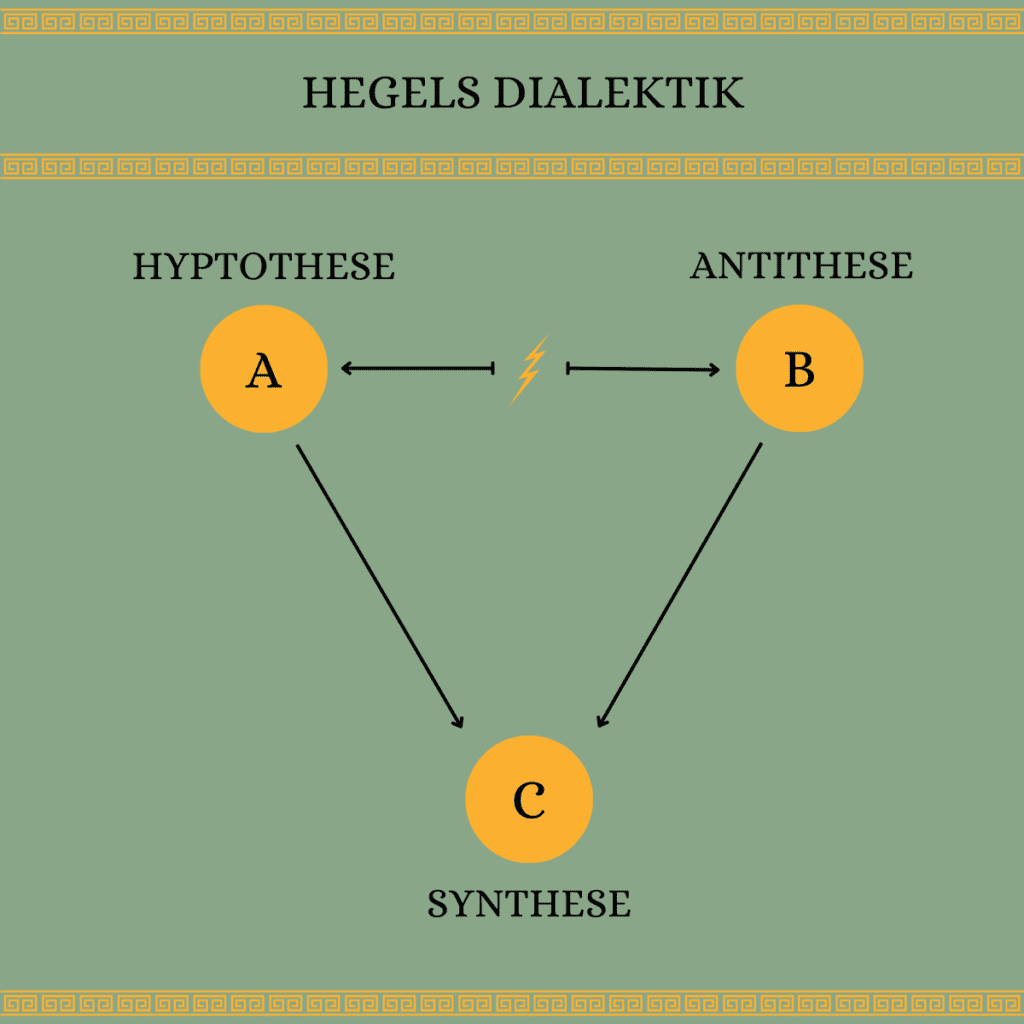
The system of science then results from this three-step process:
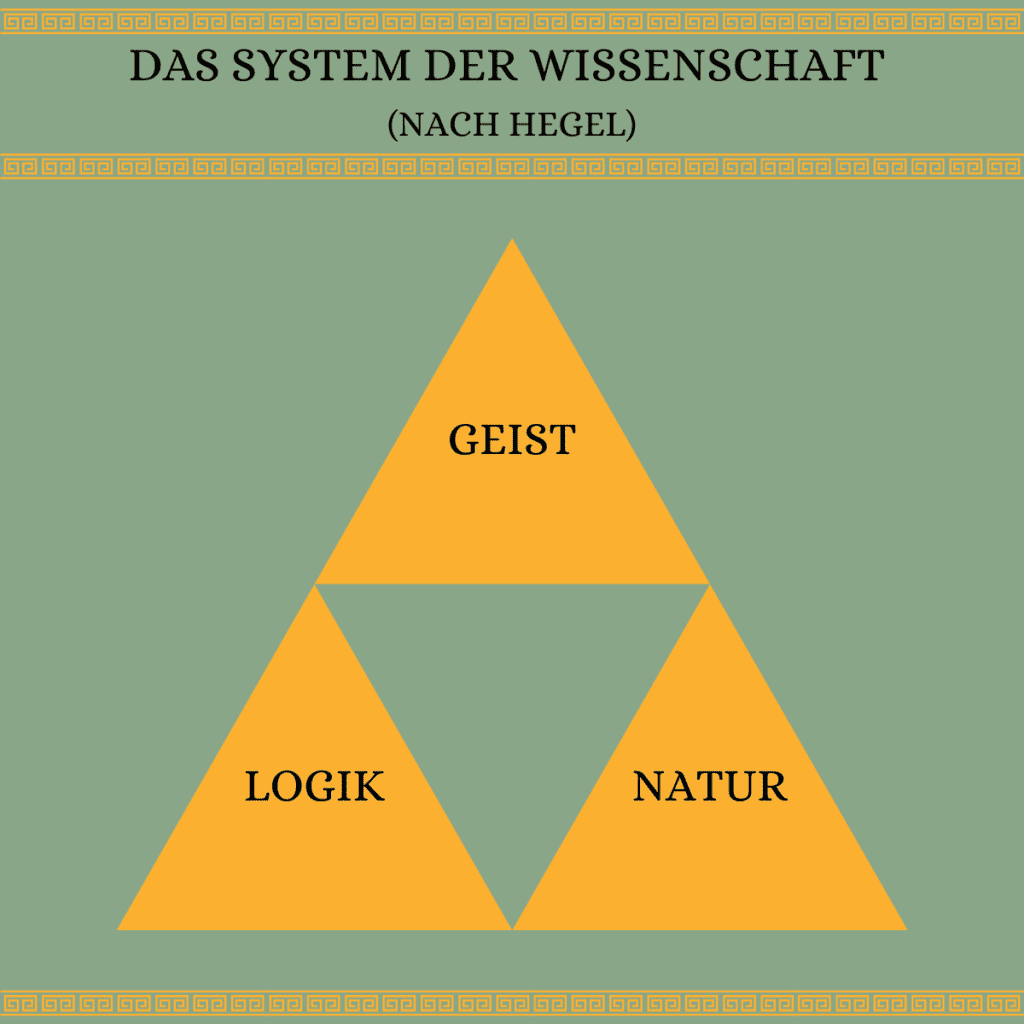
In this system, new syntheses are constantly being created from the various components.
Here you can see how the system works:

This dynamic in Hegel's concept of being is, alongside his unwieldy formulations, one of the main reasons why his works are difficult to understand.
The dynamic duo in comparison
Although Heraclitus and Hegel operated in different historical contexts and philosophical traditions, there are striking parallels between their ideas:
Importance of change: Both philosophers recognized the fundamental role of change in shaping reality. For Heraclitus, change was the essence of existence, while Hegel saw it as the driving force of historical progress and philosophical development.
Unity in diversity: Heraclitus' notion of the unity of opposites is consistent with Hegel's dialectical method. In both concepts, contradictory elements are not seen as isolated entities, but as interconnected parts of a larger dynamic system.
While there is no direct evidence that Hegel explicitly engaged with the writings of Heraclitus, scholars speculate that Heraclitus' ideas may have indirectly influenced Hegel's thinking through the works of earlier philosophers such as Plato and Heraclitus' involvement in the tradition of pre-Socratic philosophy.
Conclusion: Dynamic echoes over time
In the dynamic dance of philosophical ideas, Heraclitus and Hegel are towering figures attempting to unravel the mysteries of change and movement in the universe. Though their approaches differed - one rooted in ancient mysticism, the other in rigorous dialectics - their insights echo in the corridors of philosophy, reminding us of the ceaseless flow of existence and the eternal search for understanding. As we navigate the currents of life, we should heed their wisdom and embrace the dynamic nature of our world.
In the great symphony of thought, Heraclitus and Hegel compose melodies of change and movement that harmonize across millennia and inspire generations of seekers and thinkers. As we reflect on their teachings, may we find solace in the perpetual flow of existence and courage in the pursuit of truth amidst the ever-changing tides of reality.




